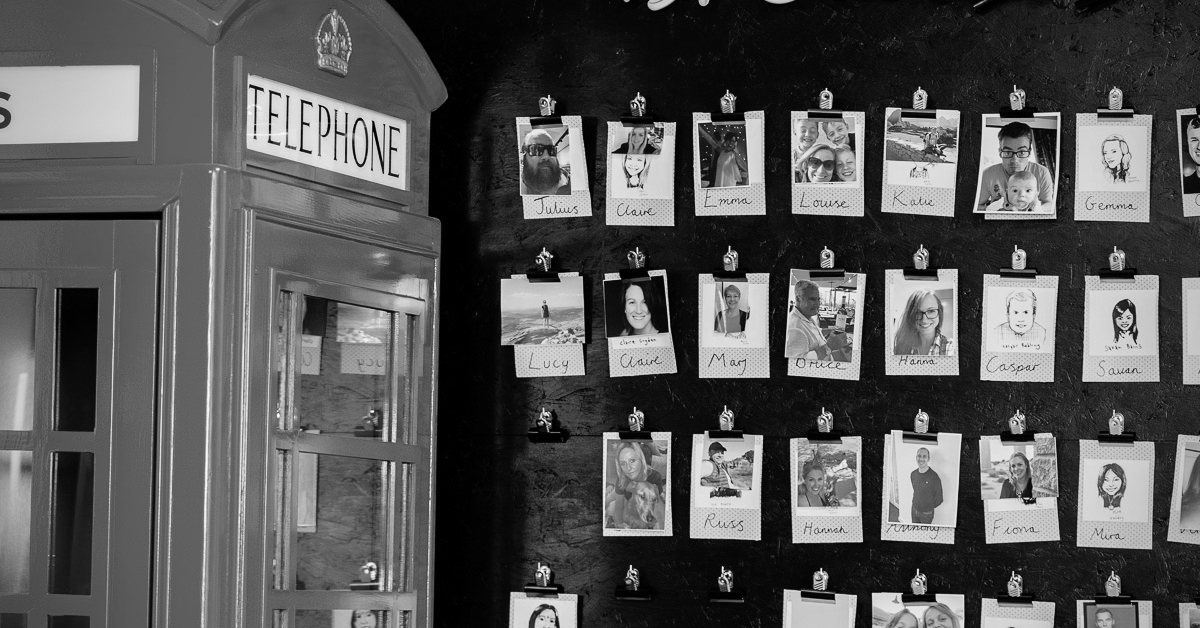
As the Rio 2016 Olympic and Paralympic Games (‘the Games’) are nearly upon us, our thoughts have turned to some of the IP issues that frequently arise as ambush marketers seek to cash-in on the interest and enthusiasm of the Games’ supporters.
There is no doubt that the Games present brands with a great opportunity for sponsorship, but sadly the temptation to produce Olympic-themed marketing campaigns in order to promote their goods and services often proves too great for unauthorised local businesses. This generally transpires to be a costly mistake as any use of the Games’ intellectual property is vigilantly monitored and aggressively enforced by the International Olympic Committee (IOC).
Brand logos, symbols and official mascots
The IOC’s intellectual property (‘the IP’) consists of the full spectrum of trade mark rights, design rights and copyright, ranging from the official logos, symbols, icons and mascots of the Games, to protected designations, expressions, historical images, videos and publications.
Everything associated with the Games, from product merchandise to staff uniforms and venue signage, will be branded with the protected imagery of the Games, but only the official commercial partners (including official sponsors such as Coca-Cola, Samsung, Nissan, McDonalds) may use this IP in association with their products (with the exception of a small official group of non-commercial partners, including Brazil’s municipal, state and federal governmental partners).
In short, it is forbidden for any other entity to use the IP of the Games for commercial purposes, i.e. in any of their advertising or marketing campaigns, or to imply an official association between the Games and their own goods or services. For example, all of the following uses should generally be avoided:
- Use of any recognisable imagery/logos/symbols/branding of the Games (for example, an Olympic-style torch/flame or the Olympic rings) on any products or packaging, or any merchandise or promotional give-aways, or the use of anything that is confusingly similar or suggestive of the Games;
- Competitions which give away tickets to the Games as prizes, or promotions for goods or services which are themed to make reference to or imply an association with the Games;
- Use in relation to any religious or political propaganda;
- Registration of websites, domain names, social media account names etc. that consist of words, slogans or expressions relating to the Games;
- Registration of any company names, trading styles or other business establishments that consist of words alluding to the Games;
- Endorsement of a product by an Olympic athlete or their appearance in a marketing campaign;
- Use of wording such as “sponsor”, “supporter” or “partner” that suggests an official commercial relationship with the IOC.
Some examples of permitted (albeit limited) forms of use, include:
- Editorial use: Providing that there is no commercial association between the published content and the Games, and that the use is necessary to contextualise the subject, reference to the official brands is permitted for editorial and journalistic purposes. However, if the publication carries advertisements, then great care should be taken to ensure that they are positioned appropriately to avoid implying an undue association between the non-official brand and the Games.
- Statement of facts: If a website or newspaper has a section of news and updates, then reference to the official brands may be made to indicate a ‘statement of facts’ providing again that there is no commercial purpose or association implied in doing so.
Why are the official brands protected?
The funding for the Games is drawn from a variety of private sources, ranging from sponsorship deals, ticket sales, IP licensing (on official merchandise), and a contribution from IOC. Top sponsors pay incredibly large sums in order to secure the exclusive, global rights to use the official Olympic IP in association with their particular goods or services. As such, in order to preserve the commercial value of the brands for sponsorship, and to ensure that the official commercial partners have the exclusive right to associate themselves with the Games, it is necessary for the IOC to actively prevent ambush marketing.
“Ambush marketing” is the term used to describe any unauthorised marketing activities carried out by an entity that is not an official sponsor of an event in an attempt to create a false or misleading commercial association with it, or to take advantage of the profile of the event.
Naturally, ambush marketing has the potential to irreparably dilute and undermine the worth of sponsorship and licensing deals to the IOC’s commercial partners, hence the IOC’s firm and unwavering position on enforcement. Accordingly, the IOC has secured a significant worldwide portfolio of registered rights which it relies upon when contacting infringers, many of whom may simply be opportunistic and ignorant individuals and small business owners.
Olympic specific legislation
In addition to the usual gambit of IP enforcement measures available in its arsenal, the IOC also has Olympic specific legislation available at its disposal. Each host country adopts and enacts specific legislation which is aimed at granting extra protection and stricter restrictions in relation to the use of the IP of the Games. For example, the UK has the Olympic Symbol Protection Act 1995 which grants exclusive protection to the famous “5 rings” symbol and other words and symbols associated with the IOC.
Before launching any marketing campaigns or making any use or reference to the official IP of the Games, we would strongly urge you to contact us for legal advice.
Send us your thoughts:
Would you like to read more articles like this?
Building 1000
Cambridge Research Park
CB25 9PD
Fax. 01223 425258
info@iamstobbs.com
Privacy policy
German office legal notice
Cookie Declaration
Complaints Policy
Copyright © 2022 Stobbs IP
Registered Office: Building 1000, Cambridge Research Park, Cambridge, CB25 9PD.
VAT Number 155 4670 01.
Stobbs (IP) Limited and its directors and employees who are registered UK trade mark attorneys are regulated by IPReg www.ipreg.org.uk

